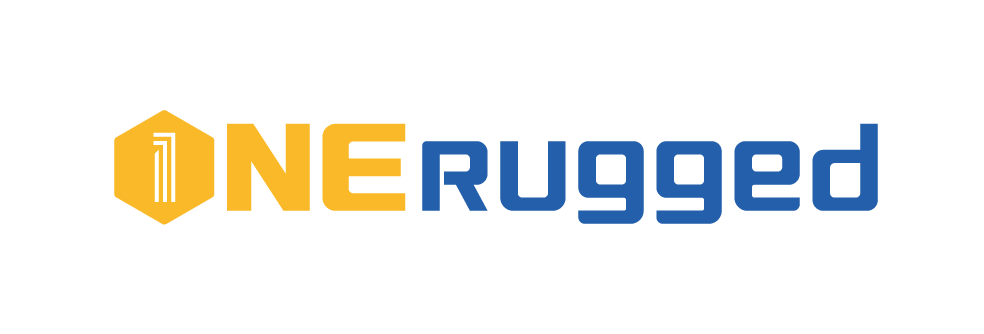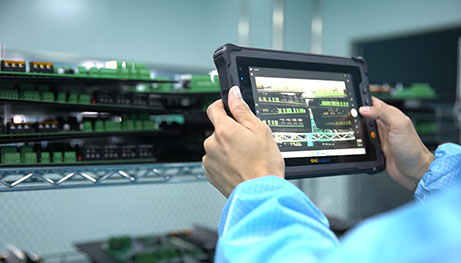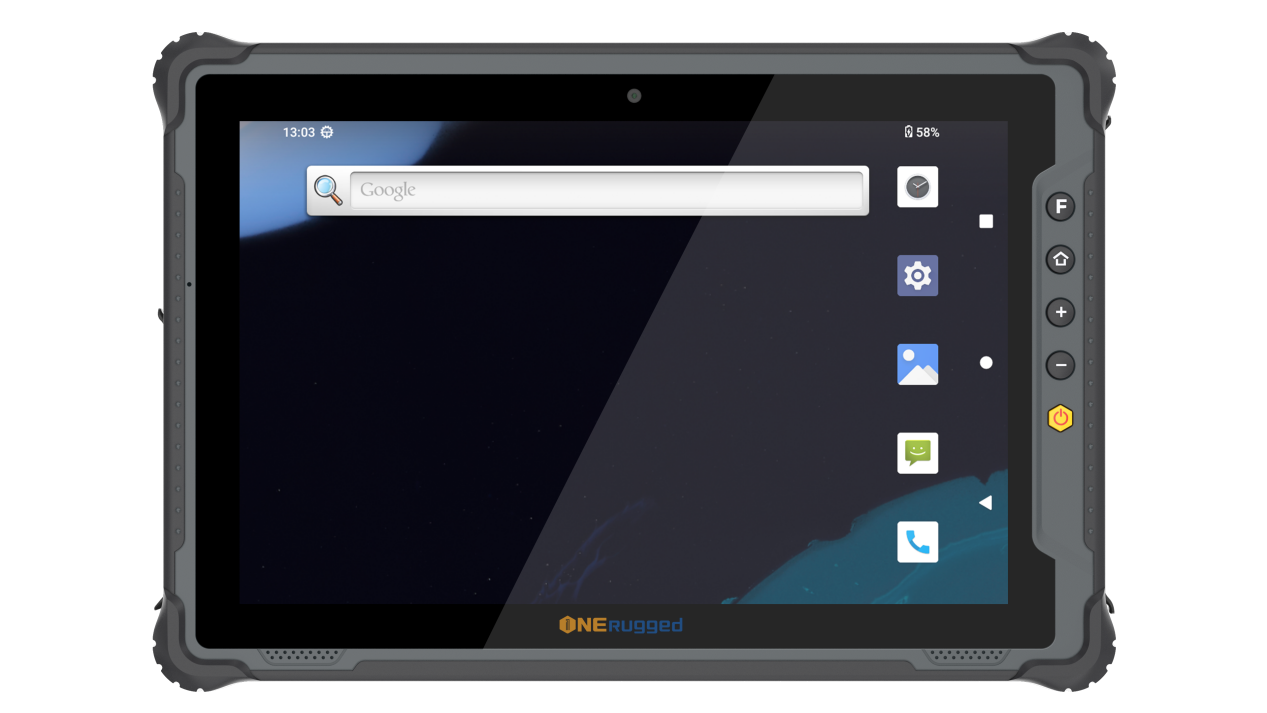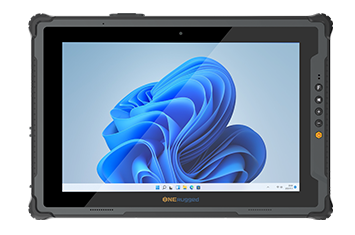

In the ever-evolving landscape of technology, the distinction between rugged tablets and commercial tablets has become increasingly significant. While both serve as portable computing devices, their intended purposes, durability, and performance capabilities vary significantly. Let's delve into the differences between rugged tablets and commercial tablets to understand their unique features and functionalities.

Understanding Rugged Tablets
Rugged tablets are engineered to withstand challenging environments and adverse conditions that would render commercial tablets ineffective. These devices are purpose-built for industries such as construction, manufacturing, logistics, and field services, where reliability and durability are paramount.
Durability and Construction: The hallmark feature of rugged tablets is their robust construction and durability. Built to military-grade standards, rugged tablets undergo rigorous testing for resistance to water, dust, shock, and extreme temperatures. Their reinforced casings and toughened screens ensure longevity even in the most demanding environments.
Enhanced Performance: Rugged tablets boast superior performance compared to commercial tablets. Equipped with powerful processors, ample RAM, and high-resolution displays, they can handle resource-intensive tasks and run complex business applications seamlessly. This enhanced performance enables efficient data collection, processing, and analysis in industrial settings.
Security Features: In business environments where data security is paramount, rugged tablets offer advanced security features to safeguard sensitive information. Encrypted storage, biometric authentication, and secure boot protocols provide layers of protection against unauthorized access and data breaches, ensuring compliance with stringent industry regulations.
Specialized Features: Rugged tablets often come with specialized features tailored to specific industry requirements. These may include barcode scanners, RFID readers, GPS modules, and specialized software applications for inventory management, asset tracking, and field operations. Such features enhance productivity and streamline workflows in diverse business environments.

Unveiling Commercial Tablets
Commercial tablets, on the other hand, cater to a broader consumer market and prioritize sleek design, portability, and multimedia capabilities over ruggedness and durability. While they excel in everyday tasks such as web browsing, multimedia consumption, and casual gaming, they lack the ruggedness needed for industrial and commercial use.
Design and Portability: Commercial tablets feature sleek, lightweight designs optimized for portability and convenience. Their slim profiles and minimalist aesthetics appeal to consumers seeking stylish and versatile computing devices for personal and professional use.
Multimedia and Entertainment: With vibrant displays, immersive audio, and robust app ecosystems, commercial tablets excel in multimedia consumption and entertainment. They serve as portable entertainment hubs, enabling users to stream videos, play games, read e-books, and browse social media with ease.
Consumer-Focused Applications: Commercial tablets prioritize consumer-focused applications and services, offering a vast array of productivity, communication, and entertainment apps through proprietary app stores. Their user-friendly interfaces and intuitive touch controls cater to a broad spectrum of users, from students and professionals to casual users and tech enthusiasts.
Limited Durability: Unlike rugged tablets, commercial tablets lack the durability and resilience needed to withstand harsh environments and rigorous usage. They are susceptible to damage from drops, spills, and environmental factors, making them unsuitable for industrial and commercial applications that demand robust performance and reliability.
Bridging the Gap
While rugged tablets and commercial tablets serve distinct purposes, advancements in technology are blurring the lines between them. Some manufacturers offer ruggedized versions of commercial tablets with enhanced durability and protective features, catering to professionals who require a balance between ruggedness and versatility.
In conclusion, the difference between rugged tablets and commercial tablets lies in their intended use, durability, and performance capabilities. Rugged tablets are purpose-built for demanding industrial environments, offering durability, performance, and security, while commercial tablets prioritize sleek design, portability, and multimedia capabilities for consumer-centric applications. As technology continues to evolve, the convergence of these two categories may redefine the landscape of mobile computing, offering users the best of both worlds in terms of functionality and resilience.

Frequently Asked Questions (FQA)
1. Can rugged tablets be used for everyday tasks like browsing and entertainment?
While rugged tablets excel in durability and performance for industrial and commercial applications, they can also handle everyday tasks like web browsing, multimedia consumption, and communication. However, their design and features may differ from consumer-focused tablets, catering more to professional use cases.
2. Are rugged tablets waterproof?
Many rugged tablets are designed to be water-resistant or waterproof to varying degrees, depending on their IP (Ingress Protection) rating. They can withstand exposure to water and moisture, making them suitable for outdoor use and environments where liquids are present. However, it's essential to check the specific IP rating of the rugged tablet to understand its level of water resistance.
3. Are rugged tablets more expensive than commercial tablets?
Generally, rugged tablets tend to be more expensive than commercial tablets due to their specialized construction, durability features, and performance capabilities. The higher cost reflects the investment in robust materials, rigorous testing, and advanced components required to meet the demands of industrial and commercial environments. However, the long-term benefits of reliability and durability often justify the initial investment for businesses and professionals requiring rugged computing solutions.